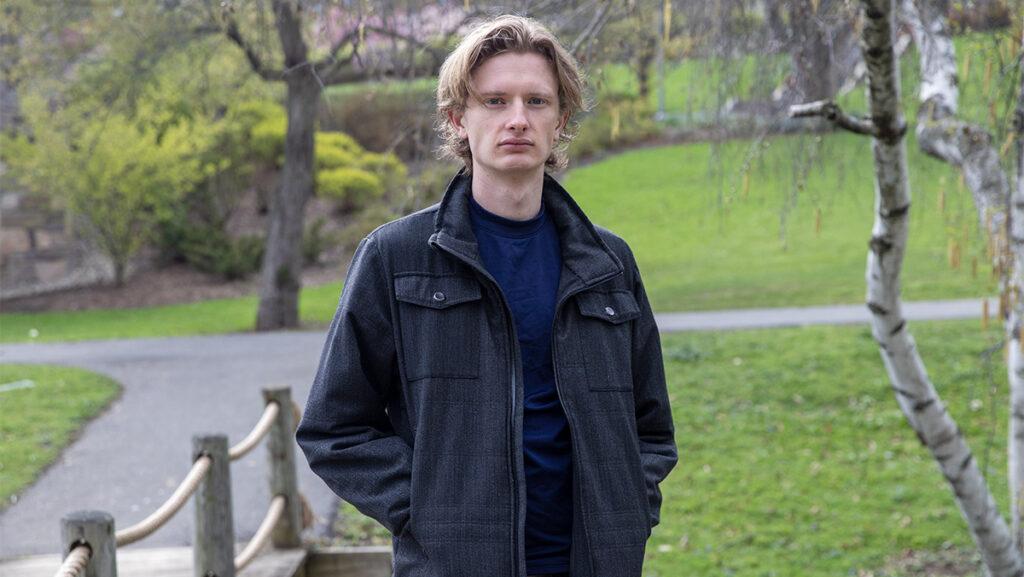Editor’s Note: This is a guest commentary. The opinions do not necessarily reflect the views of the editorial board.
These days, when we look at the world around us, it’s easy to feel hopeless. Since the pandemic began in those early months of 2020, crisis after crisis has upended our lives in what feels like a terrible twist of fate or some kind of immutable curse. Almost everybody I know has either given up hope or is desperately trying to find it, two mindsets that are as equally dangerous as they are common.
We are at a defining moment in human history, one where our actions in the next decade will determine what life will look like hundreds of years from now. We face multiple existential threats, all of which are preventable and caused by our own irresponsibility. Despite the fact that we are about to cross irreversible ecological tipping points, that nuclear war is closer than ever and that fascistic movements are on the rise, hope has clung to us like a disease. Hope is a fast track to complicity.
This is not to say that believing in a better world is a waste of time — we certainly need to know what kind of world we want before we try to change it. However, there is a line between idealizing a safer world and wasting time hoping that it will somehow fall into place. Hope is futile and perhaps worst of all, hope is procrastination. Doing something, on the other hand, creates hope.
Take an issue like the climate crisis, which for understandable reasons makes people feel powerless and that they don’t have the skills to help stop it. However, the range of things that people can do to stop climate change goes way beyond voting every few years and putting solar panels on roofs. In addition to the natural world, humans are also experiencing the climate crisis. To help us understand our experience, we need creatives like musicians, writers, filmmakers, poets and artists, all of whom are emotional communicators within society. However, very few of these creatives focus their work on climate issues. As Nina Simone reminded us, “An artist’s duty is to reflect the times.”
The cause of the climate crisis is deeply tied to the limits of human psychology and the phenomenon of procrastination, which, believe it or not, comes from the fact that humans are animals with brains that have not evolved in thousands of years. To help us understand why we have procrastinated for so long, we need psychologists, but very few have done anything to show us that on the climate crisis, our brains are working against us.
Confronting the climate crisis will also require contractors, doctors, tradesmen, nurses, welders, non-evil lawyers, teachers and people of many different occupations. However, none of this means anything if people continue to hope that something will come along and compel them to act. Seeing yourself and the skills that you already possess as the solution to the problem is the most effective way that you can do something to stop climate change.
To me, doing something means digging deep and rooting out the rot at the core of the economic and political systems that reward so few at the cost of so many. That’s why, for the next two years, I’ll be in rural South Carolina, reporting on climate change and poverty. However, an investigative journalist’s work is only as powerful as the community’s response to it. This is why I was dismayed when the Ithaca College community did nothing about the fact that the college’s former president received a $172,796 payment the same year she announced mass layoffs.
Things don’t get better because you want them to. Starting right now, we have to live in the real world, because time is quickly running out and the clock is about to strike midnight. In these times, ask yourself: who benefits from your hopelessness? If you don’t use the power that you already have to help stop the oncoming catastrophe that affects us all, you will live to regret not doing what you know you could have done. This is the type of regret that you take to your grave.
Instead of hoping and praying that things get better, get mad, get creative and do something about it.
Elijah de Castro (he/him) is a senior, former News and Life & Culture editor, senior writer, Journalism major. Contact him at [email protected].














